Frozen Peaks: Mountains create frozen habitats on every continent on Earth, and each of these high-altitude worlds holds unique challenges for its surprising and remarkable life. We begin our journey close to the equator – the furthest point from the poles – in East Africa. Here on the high slopes of Mount Kenya, during the day the tropical sun keeps the cold at bay, but at night the frost descends. During this cycle of freeze and thaw, a pregnant high-casqued chameleon must choose the right time to give birth if her newborns are to escape the deadly night freeze.
Away from the equator in the European Alps, long cold winters give way to short, bountiful summers. For a pair of golden eagles raising their chick, the demand to provide enough food for it drives them to tackle prey five times their size. To catch a goat-like chamois, they risk it all using one of the most daring and breathtaking hunting techniques ever witnessed.
The mountains of Japan are the snowiest place on earth, providing hostile conditions for a lone male macaque cast away from his troop. His only chance of survival comes with finding another male whose embrace will provide him with life-saving warmth. But in the frozen peaks, the deadliest force is an avalanche whose full destructive power is captured for the first time using high-speed camera racer drones.
The roof of the world is home to an array of unexpected cold-loving creatures. In the remote Southern Alps of New Zealand, a species of parrot – the kea – uses its famed intelligence to feed on the dead. And in the Andes in South America, flamingos thrive in high-altitude volcanic lakes, but their chicks must race to escape the winter freeze or risk becoming trapped in the ice.
Today, due to climate change, our frozen peaks are undergoing rapid change. Using groundbreaking time-lapse photography, we reveal mountain glaciers vanishing before our very eyes and discover what a warming world may mean for our most famous mountain resident of all, the giant panda.
Frozen Peaks
David Attenborough
Sir David Frederick Attenborough is an English broadcaster and naturalist. He is best known for writing and presenting, in conjunction with the BBC Natural History Unit, the nine natural history documentary series that form the Life collection, which form a comprehensive survey of animal and plant life on Earth.
David Attenborough is a former senior manager at the BBC, having served as controller of BBC Two and director of programming for BBC Television in the 1960s and 1970s. He is the only person to have won BAFTAs for programmes in each of black and white, colour, HD, 3D and 4K.
Attenborough is widely considered a national treasure in Britain, although he himself does not like the term. In 2002 he was named among the 100 Greatest Britons following a UK-wide poll for the BBC. He is the younger brother of the director, producer and actor Richard Attenborough, and older brother of the motor executive John Attenborough.
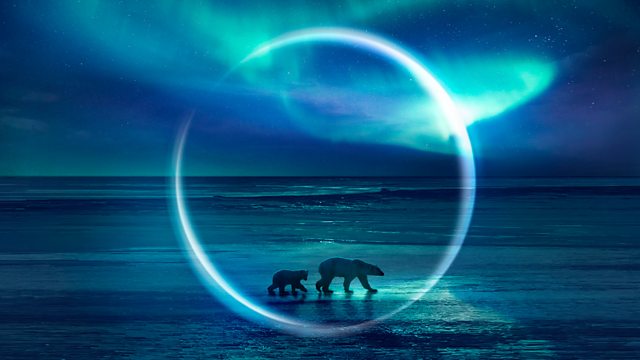
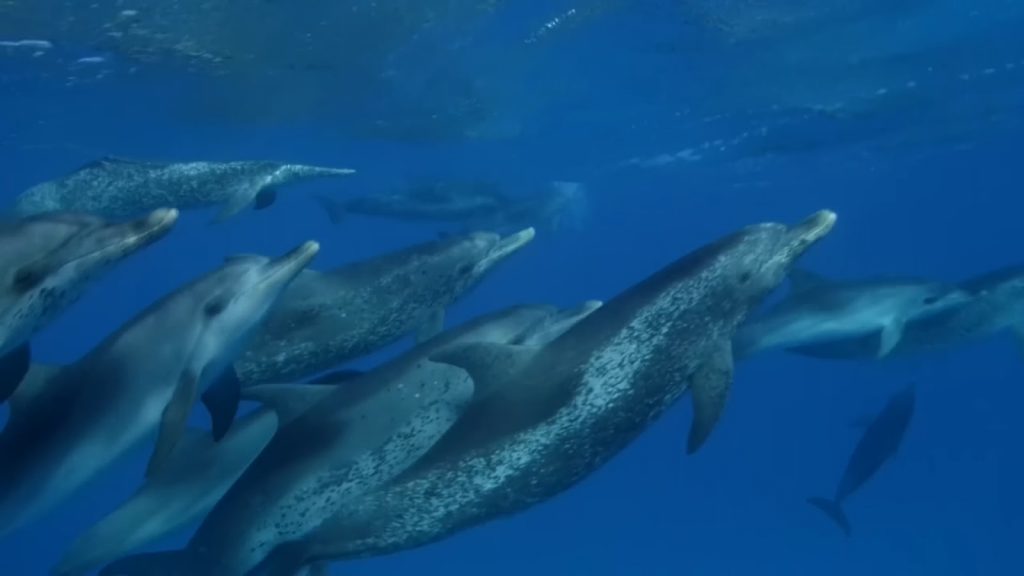
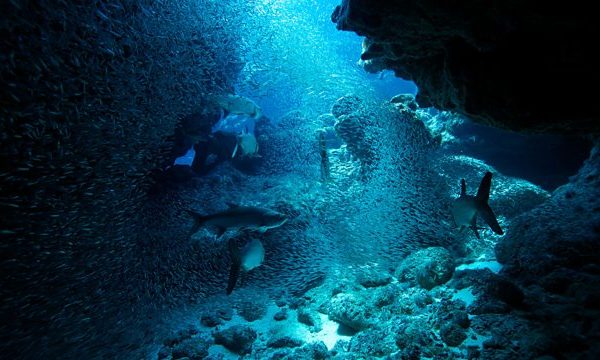
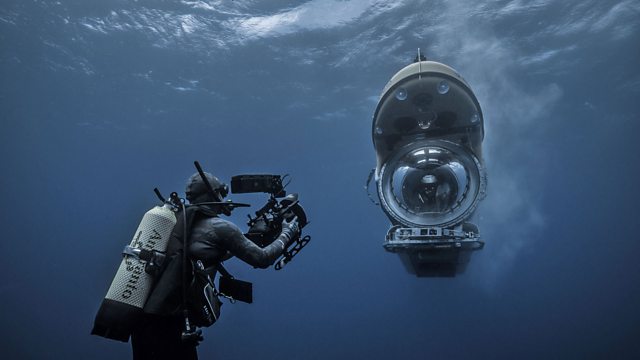
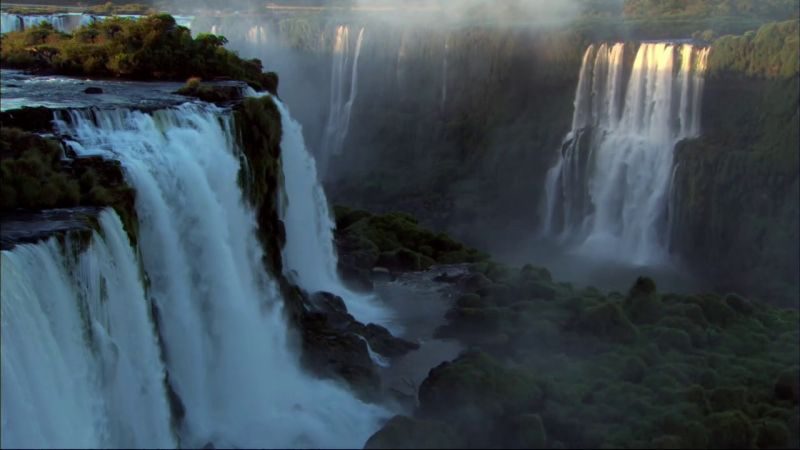
I love David Attenborough’s documentaries, but in recent years they have been thoroughly ruined by over zealous sound engineers adding stupid sound effects – for example, the chameleon’s eyes rustling as they move, and slurping sounds as its tongue shoots out… Please, please, PLEASE stop this nonsense – it’s really off-putting… Grrr…!!!